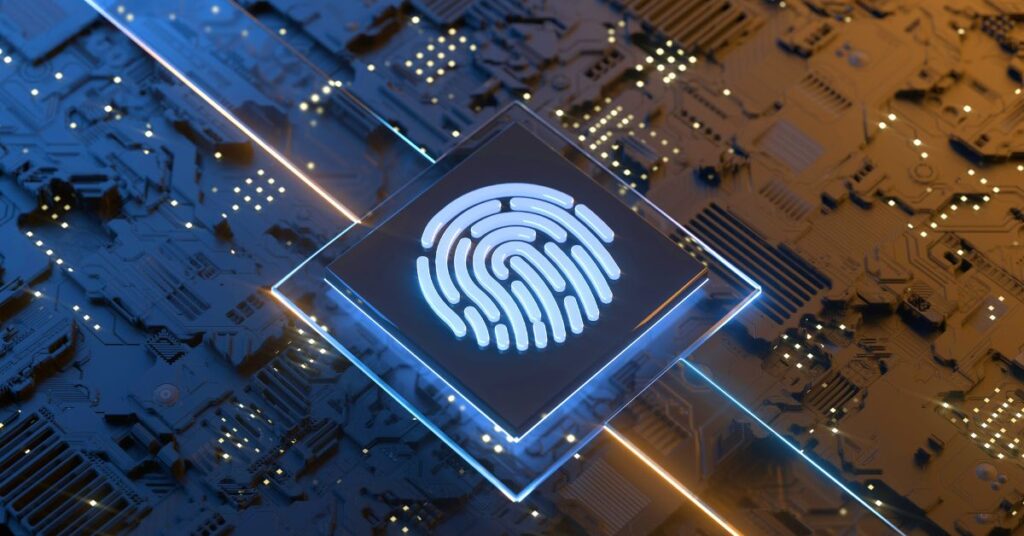Unveiling the Secrets of Digital Investigations

In the rapidly evolving digital world, crimes and disputes have taken on a new dimension. Digital investigations are becoming increasingly important in uncovering evidence, solving crimes, and settling disputes. In this guest post, we will explore the fascinating realm of digital investigation and the crucial role played by computer forensics experts in solving complex cyber mysteries.
Digital Investigations: An Overview
Digital investigations involve the examination and analysis of electronic devices and digital data to uncover evidence related to criminal activities, corporate fraud, or civil disputes. Law enforcement agencies, private investigators, or internal corporate teams can conduct these investigations.They often require specialized skills and tools to navigate through intricate digital systems, recover deleted or hidden data, and extract valuable information.
The Importance of Digital Investigations
As technology advances and becomes an integral part of our lives, digital investigations are gaining significance for several reasons:
Increased reliance on technology: With the widespread use of computers, smartphones, and the internet, digital evidence has become a critical component of criminal and civil cases.
Cybercrimes:
Cybercrimes, such as hacking, identity theft, and online fraud, are on the rise, necessitating digital investigations to identify perpetrators and gather evidence.
Corporate espionage:

Businesses face threats from competitors who employ illegal tactics to gain an unfair advantage. Digital investigations help uncover corporate espionage and protect valuable intellectual property.
Employee misconduct:
Companies may need to conduct digital investigations to address issues such as employee misconduct, insider threats, or policy violations.
Legal compliance:
It is important for organizations to follow laws and regulations regarding data privacy, security, and management. Digital investigations can uncover any non-compliance or breaches.
The Role of Computer Forensics Experts

Computer forensics experts play a pivotal role in digital investigations. These professionals possess a unique set of skills and expertise that enable them to uncover digital evidence, analyze it, and present it in a legally admissible manner. One of the most crucial aspects of their job is conducting computer forensics investigations, which involves the systematic collection, preservation, and analysis of digital evidence.
Key Steps in a Digital Investigation
A typical digital investigation consists of several stages, each requiring careful attention to detail and adherence to established protocols:
Preparation:
Before initiating an investigation, computer forensics experts identify the scope, objectives, and legal requirements. They also gather necessary tools and resources to conduct the digital investigation effectively.
Evidence collection:
The experts collect digital evidence from various sources, such as computers, mobile devices, servers, and cloud storage. They ensure proper documentation and follow legal protocols during the collection process.
Evidence preservation:
To maintain the integrity of the evidence, computer forensics experts create forensic copies of digital media, preventing any alterations or modifications to the original data.
Data analysis:

Using specialized forensic tools and techniques, experts meticulously analyze the collected data to recover deleted files, examine communication logs, and trace digital footprints.
Reporting and presentation:
After analyzing the data, computer forensics experts compile detailed reports outlining their findings and present these reports in legal proceedings or to relevant stakeholders.
Challenges in Digital Investigations

Digital investigations are often complex and challenging due to various factors:
Volume of data:
Investigators may face challenges in finding relevant evidence due to the large quantity of digital data produced and stored by individuals and organizations.
Encryption:
Encrypted data can pose a significant challenge in digital investigations, as it requires advanced decryption techniques to access the information.
Data volatility:
Digital evidence can be easily altered or destroyed, making it crucial for investigators to preserve and handle it appropriately.
Technological advancements:
Rapid advancements in technology can introduce new vulnerabilities, attack vectors, and forensic challenges that investigators must overcome.
Staying Ahead: The Need for Continuous Learning
To stay relevant and effective in their field, computer forensics experts must continually update their knowledge and skills. They need to keep abreast of the latest technological advancements, forensic methodologies, and industry trends. This continuous learning ensures that they can adapt to emerging challenges and maintain the highest level of expertise in digital investigations.
Conclusion
Digital investigations have become essential in the modern world, where technology permeates every aspect of our lives. Through their specialized skills and expertise, computer forensics experts play a critical role in solving digital mysteries, uncovering evidence, and bringing justice to light. As technology continues to advance, these cyber sleuths will remain at the forefront of digital investigations, ensuring that justice prevails in the digital realm.





